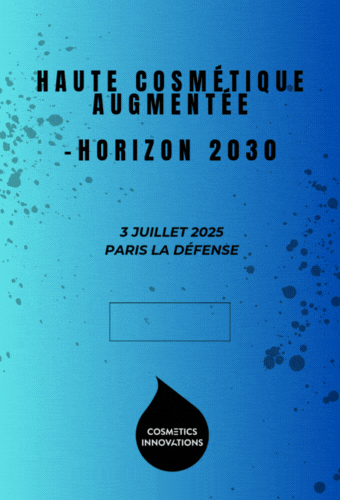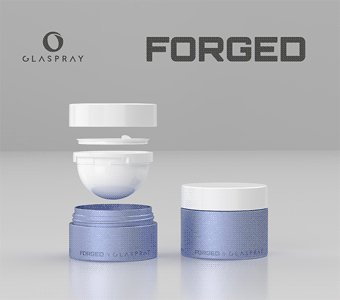Hyaluronic acid, Silab explains, is an indispensable anti-age biomarker. Thanks to its hydrating properties, “it consolidates the dermal bed and thereby smooths out wrinkles.” By offering a natural-based alternative to hyaluronic acid, the French supplier of cosmetic ingredients therefore targets the huge market of anti-aging and moisturizing care products.
The new ingredient, Prohyal+ [1], acts on the endogenous synthesis of hyaluronic acid, thanks to its high concentration in yeast oligosaccharides from Mexican blue agave leaves.
Synthesis of hyaluronic acid
In vitro studies conducted by Silab show that Prohyal+ increases the expression of hyaluronan synthase (HAS2) synthesis enzyme and reactivates the natural mechanisms of hyaluronic acid production which naturally declines during aging.
Tested at 2%, Prohyal+ significantly increases the expression of HAS2 by 651% and the synthesis of hyaluronic acid by 237%.

Comparison with hyaluronic acid
A series of in vivo studies also allowed to compare the efficacy of Prohyal+ compared to hyaluronic acid.
“After 28 days of twice daily applications and in comparison to the placebo, Prohyal+ smoothes skin microrelief at the crow’s feet. Parameter Sq and parameter Sa are reduced by 6.3% and by 7.1% respectively,” Silab explains.
The study shows a reduction of wrinkles’ volume by 14.2% in 70% of the volunteers. According to Silab, the effect is similar to that obtained with hyaluronic acid, the reference molecule, formulated at 0.13% of dry matter and tested in the same conditions.
The subjective evaluation also shows the good performances of Prohyal+ compared with hyaluronic acid. After 28 days of twice daily applications, with comparison to placebo, more than 90% of volunteers considered that the formula containing Prohyal+ is a moisturizing and anti-wrinkles emulsion. “This result is superior to that obtained with hyaluronic acid molecule,” Silab claims.





































